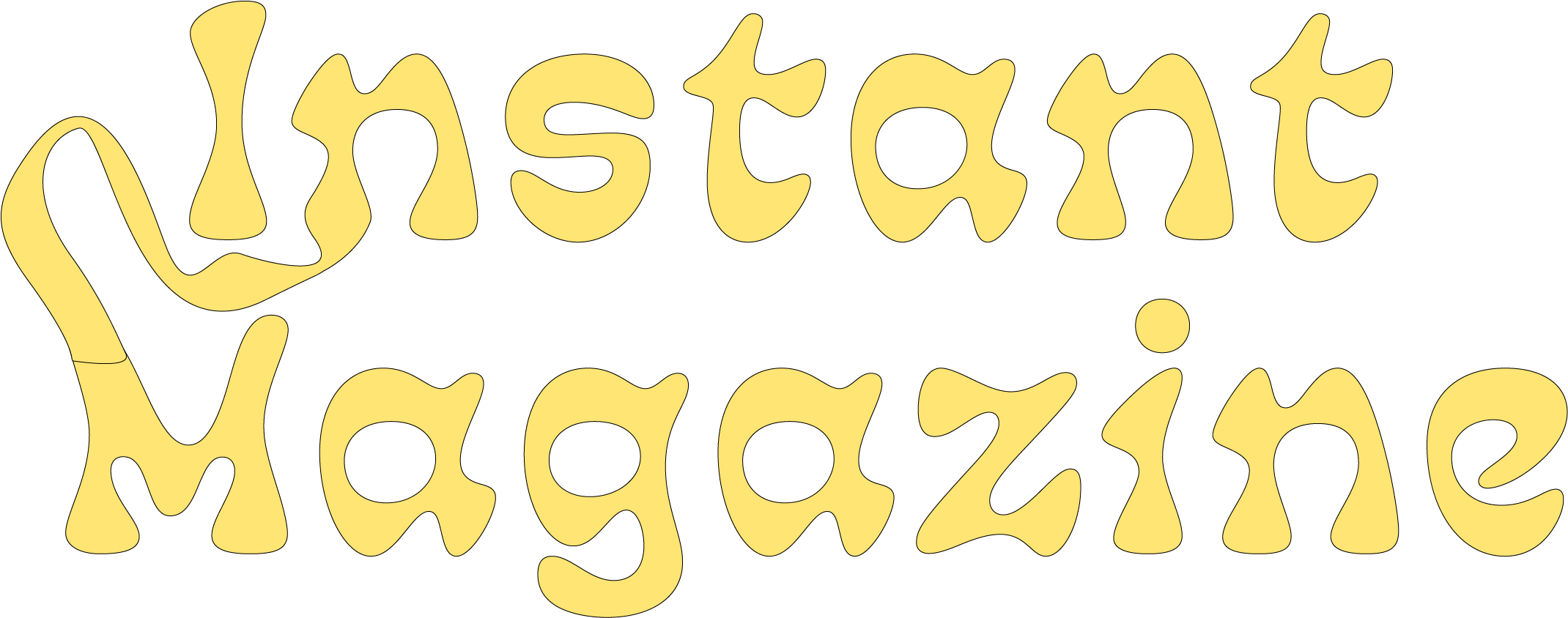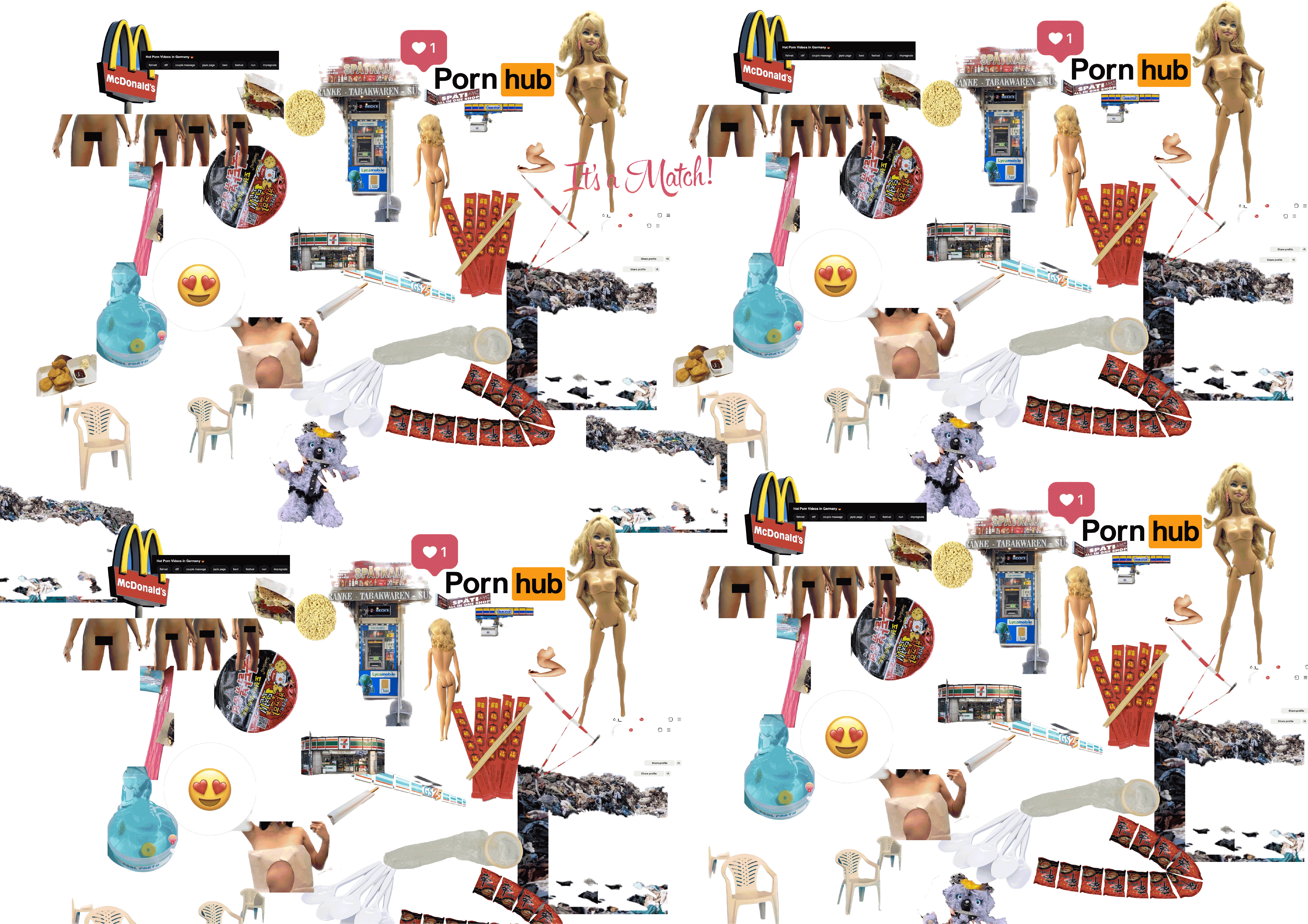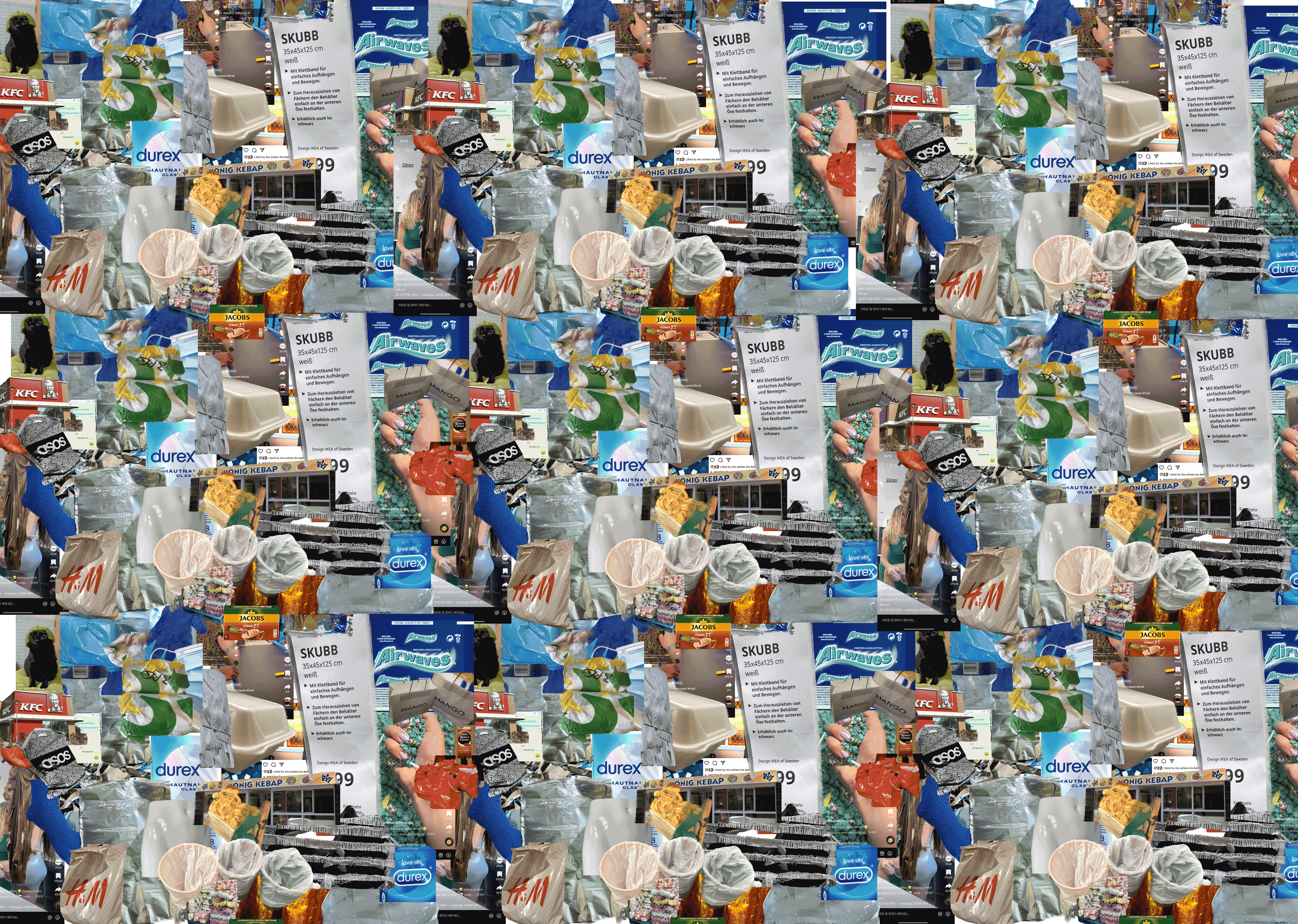
When we think of "instant," what comes to mind? Food, coffee... TikTok? Platforms like Tinder, TikTok, and Pornhub come to mind. While they can be thrilling in the moment, there is a lingering uneasiness associated with them. These platforms subconsciously connect to impersonal experiences. They feel harmful, prompting feelings of discomfort, much like the unpleasant fullness after consuming instant food.
It's common knowledge that instant food is unhealthy. But did I, did we truly grasp the harmful nature of these instant platforms? Why do they feel dehumanizing and off-putting?
According to American sociologist Jeremy Rifkin, we now live in the age of access. The concept of capitalism is shifting from physical space to virtual space, from industrial capitalism to cultural capitalism, and from ownership to access.
...
The new cultural capitalism is built upon the close relationship between communication and culture. If we define culture as the "webs of significance" that humans create around themselves, communication—language, art, music, dance, books, movies, albums, software—serves as the means to interpret, reproduce, maintain, and transform these webs of significance. Our cultural experiences are always intertwined with the issues of connection and inclusion. According to Rifkin, in the era of cultural capitalism, we are faced with a choice: either to enjoy the right to access networks that share meaning and experiences as part of a community or to be excluded. As more shared culture becomes fragmented into commercial experiences within the network economy, the right to access is shifting from the social domain to the commercial domain, contingent upon the economic power prevalent in the commercial realm. In consumer-oriented capitalism, art has transitioned from the cultural domain to the market, becoming a commodity utilized by advertising companies and marketers to sell "ways of life."
However, Rifkin argues that capitalism is now facing new challenges. In advanced countries, especially among the 20% of the global population who already enjoy the benefits offered by the lifestyle of capitalism, the consumption of goods has reached its saturation point. Capitalism is now attempting its final transformation towards complete cultural capitalism. It aims to turn symbols that represent cultural lifestyles and the artistic modes of interpreting those symbols into commodities. Essentially, it turns lived experiences themselves into products.
Through this magazine, I want to discuss instant commodified cultural values and experiences. The texts, excluding this one, have been instantaneously generated by ChatGPT. ChatGPT

